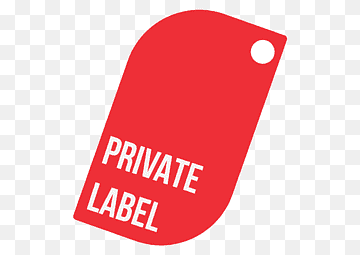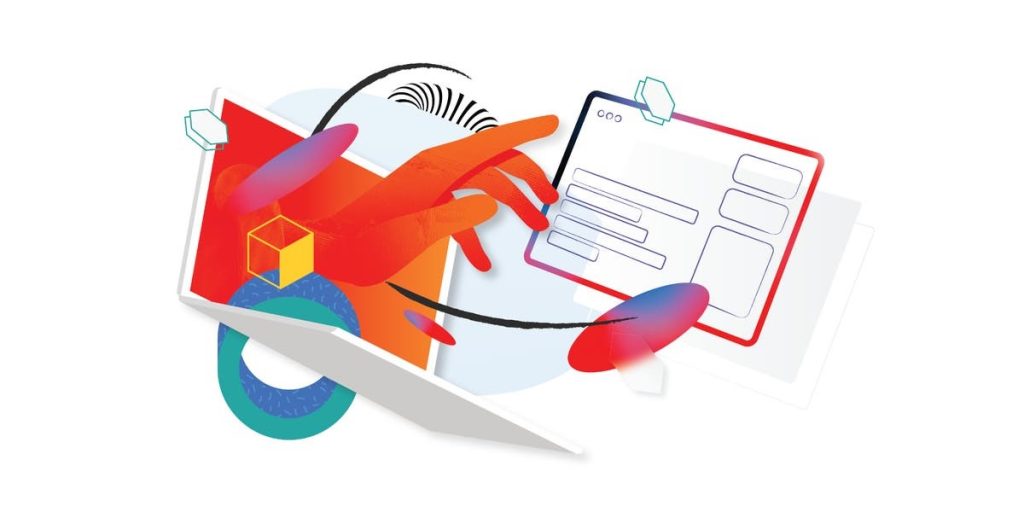Explore the Industries That Are Gaining the Most Attention from Business Funding Investors
The business funding landscape is constantly evolving, with investors actively seeking opportunities in industries that promise high growth and innovation. One of the most attractive sectors for investment is technology, particularly artificial intelligence AI and machine learning. These advancements are transforming industries by automating processes, enhancing decision-making, and personalizing user experiences. AI-driven solutions are being applied in healthcare, finance, retail, and even creative fields, making them a hotbed for venture capital and private equity funding. With continuous research and development, technology companies leveraging AI are expected to see significant investment growth in the coming years. Another industry gaining substantial investor attention is renewable energy and sustainability. As the world shifts towards cleaner energy sources, businesses focused on solar, wind, and hydroelectric power are experiencing increased funding. Sustainable innovations such as energy-efficient buildings, electric vehicle infrastructure, and eco-friendly manufacturing processes are drawing interest from investors.
Governments and corporations worldwide are committing to net-zero emissions, which further boosts financial backing for businesses working on sustainable solutions. The demand for green energy and environmentally friendly practices continues to shape the investment landscape. The healthcare and biotechnology industry remains a focal point for investors, especially after recent global health crises. With increasing demand for advanced treatments, personalized medicine, and how to get investor biotechnology solutions, funding in this sector continues to rise. Startups focusing on gene editing, drug development, telemedicine, and wearable health technology are attracting major investments. Furthermore, breakthroughs in medical research and digital health platforms are enhancing patient care and accessibility, making this industry a lucrative area for venture capital firms and institutional investors. Fintech, or financial technology, is another sector that has seen a surge in funding due to the increasing need for digital financial solutions. The rise of mobile banking, cryptocurrency, digital payment platforms, and blockchain technology has revolutionized financial transactions.
Businesses that provide secure, fast, and user-friendly financial services are securing significant investments from venture capitalists. As digital finance continues to integrate with AI, cybersecurity, and automation, fintech companies are expected to remain a major focus for investors looking for high-growth opportunities. E-commerce and digital marketplaces have also gained considerable traction among business funding investors. The expansion of online shopping, subscription-based services, and direct-to-consumer brands has created numerous investment opportunities. Businesses utilizing data analytics, logistics optimization, and AI-driven marketing strategies are attracting significant funding. The shift towards digital shopping habits, accelerated by changing consumer preferences and convenience-driven behavior, ensures that the e-commerce sector remains a profitable space for investors. The education technology EdTech industry is rapidly growing, drawing significant investment from venture capital firms and institutional investors. With the increased adoption of online learning, virtual classrooms, and AI-powered tutoring, EdTech companies are transforming traditional education models.




